– At the end of January, you held talks with Russian Foreign Minister Sergey Lavrov in Moscow. How was the atmosphere?
– I visited Moscow for the first time as Foreign Minister, and the visit was a great success. Russia and Pakistan have historically had a good relationship and I hope it stays that way. In these difficult times, we are also trying to expand economic cooperation, and there is an opportunity for this with Russia.
– In February, however, you already spoke in the western part of the world, at the Munich security policy conference. What did you experience there?
– One of the advantages of Pakistan's situation is that we can work with all parties even in this highly divided geopolitical system. Of course, the main topic of the Munich security policy conference was Ukraine. As this is the most significant war in Europe since the Second World War, and we were approaching the one-year anniversary, so we were understandably quite emotional.
Pakistan's position is also that international law, the decisions of the UN Security Council, and the sovereignty of countries must be respected.
At the same time, we also draw attention to the fact that another never-ending war is in no one's interest. Not for the Russians, the Ukrainians, the Europeans, the Americans or the developing world! We also experience that inflation in Pakistan has increased because of the war in Ukraine. We feel the pressure on food and energy, since we import grain from Ukraine, and the West has signed up for energy sources in the Middle East, raising prices considerably.
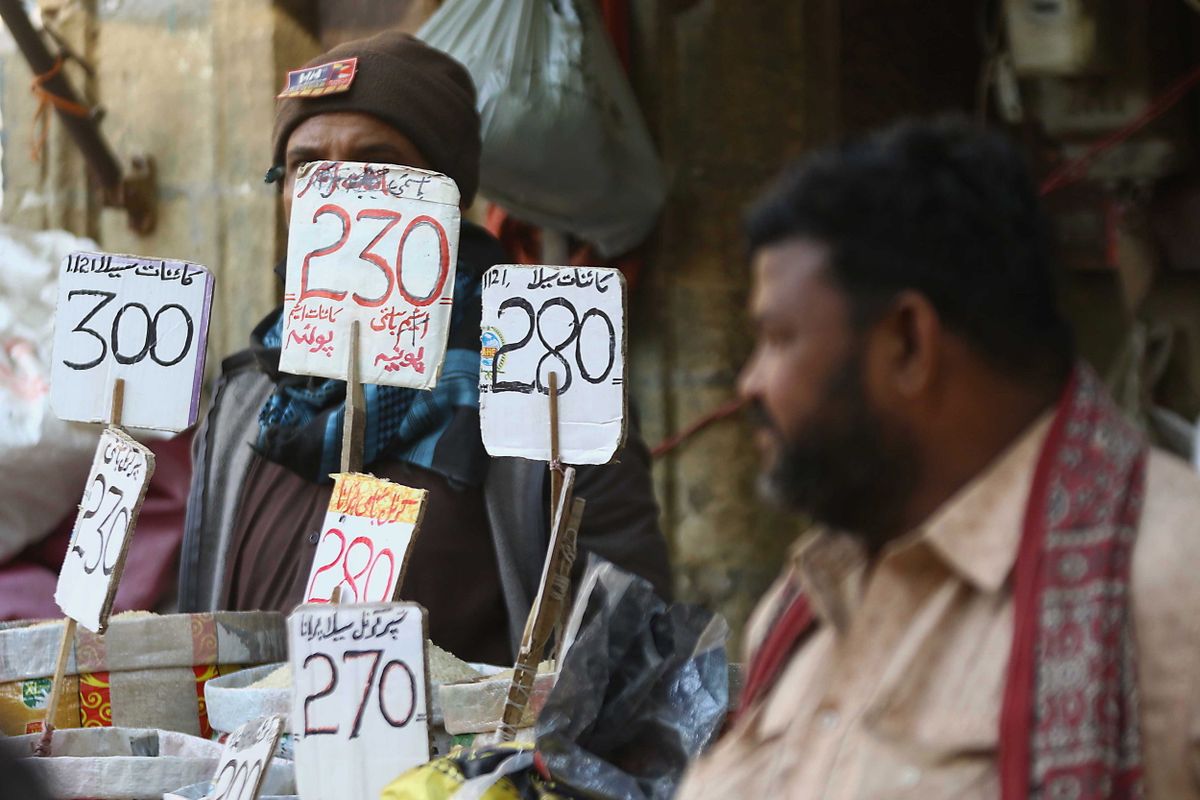
– As far as I know, you also met the Ukrainian Foreign Minister in Munich. Was the Moscow visit mentioned?
No, we didn't talk about Sergey Lavrov. But no matter how hard I talk about power, the theme is always the same: Pakistan supports dialogue and diplomatic settlement of the conflict.
– Does this mean neutrality?
– We have experienced firsthand the effects of the last endless war raging in our neighborhood, and we are still feeling its consequences. When NATO left Afghanistan, the resulting vacuum was exploited by terrorist groups, and terrorism, once defeated, has returned in Pakistan again. We are tired of having to deal with the effects of the war in Ukraine after the coronavirus epidemic that battered the economy.
We do not want another endless war, which is why we urge peace as soon as possible.
– Do you share concerns that the war in Ukraine could have an impact on other frozen conflicts such as Kashmir?
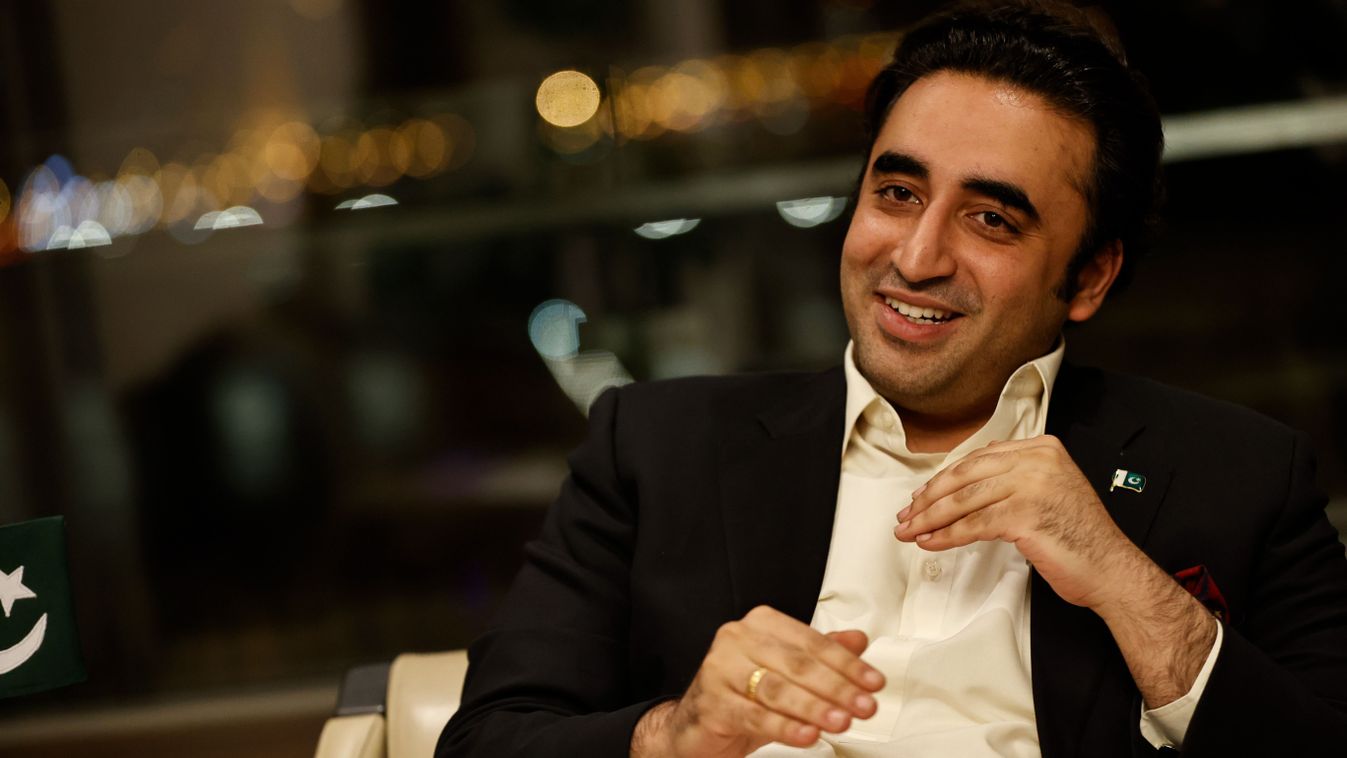
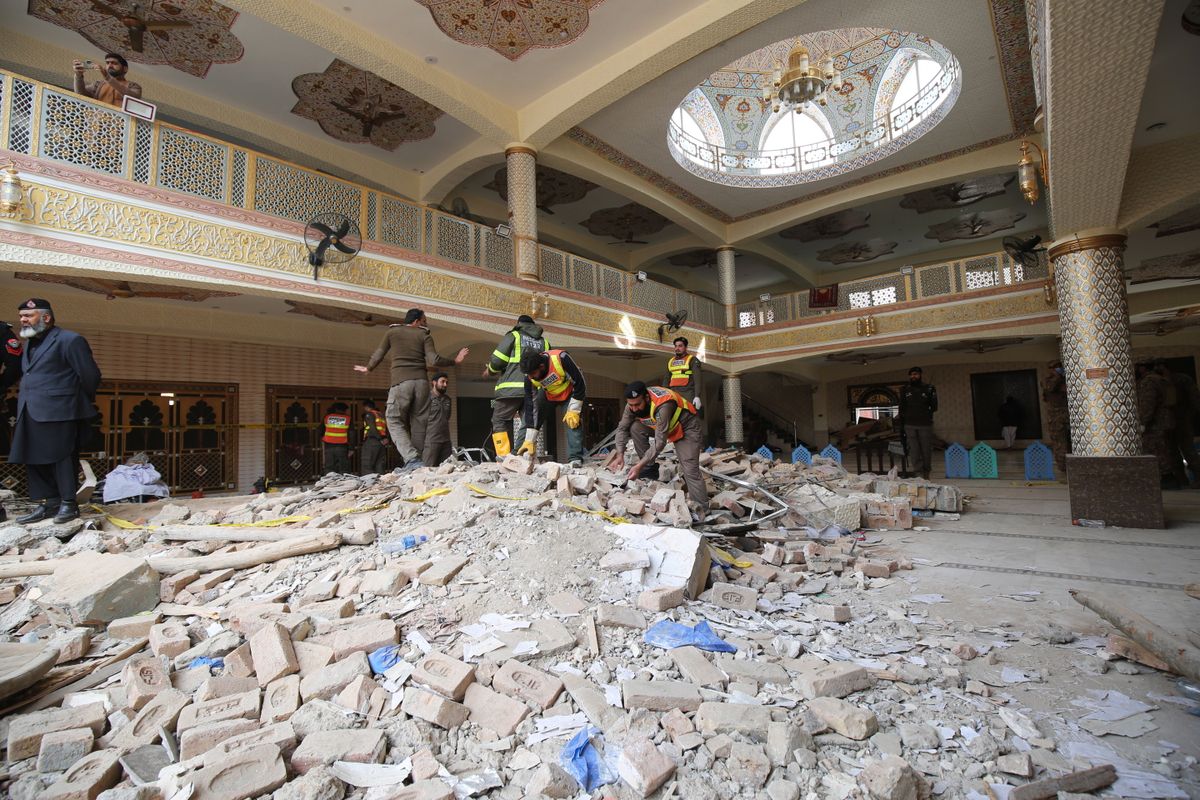
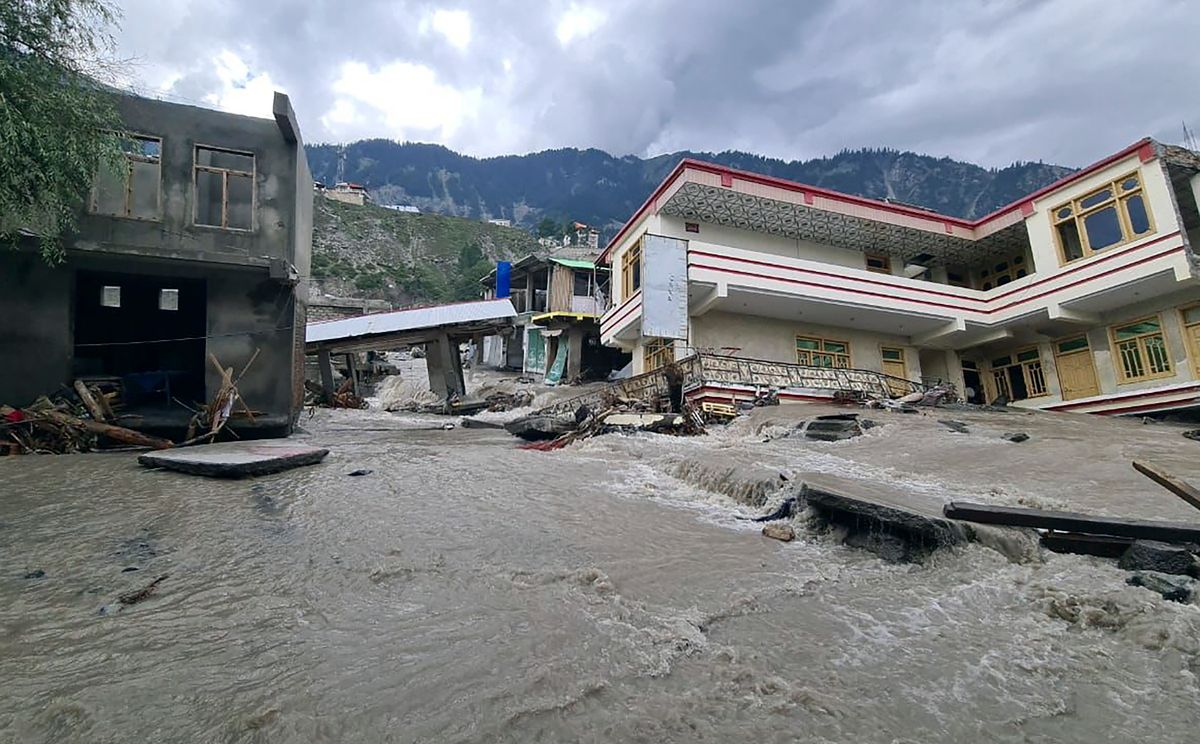
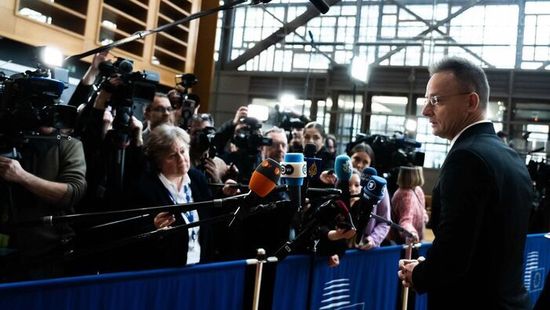
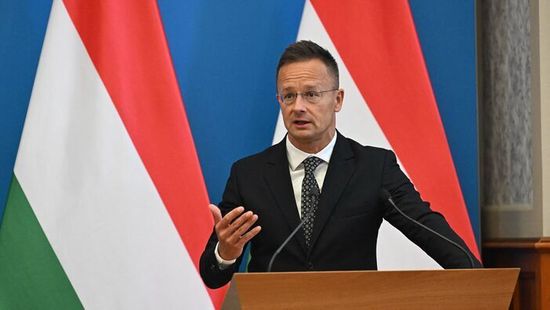
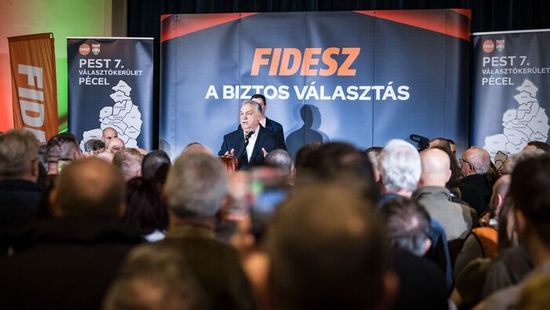
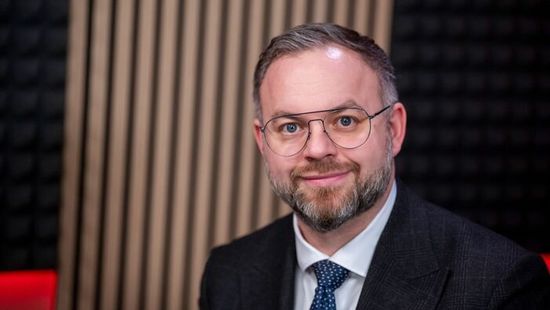

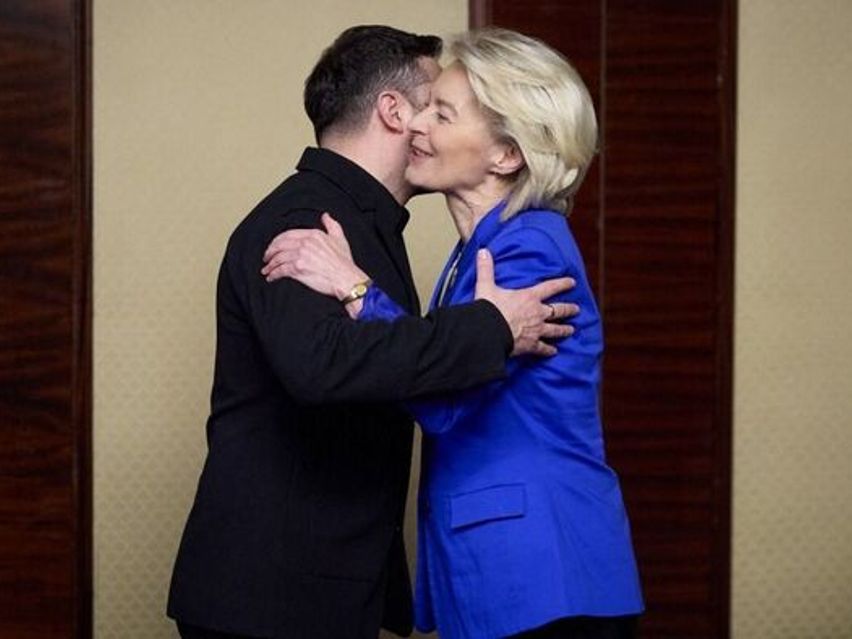
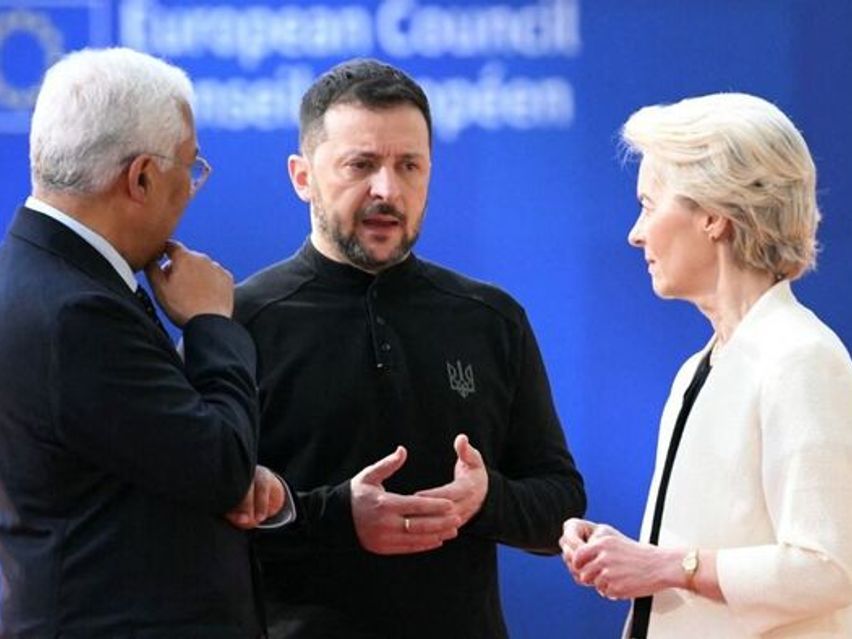
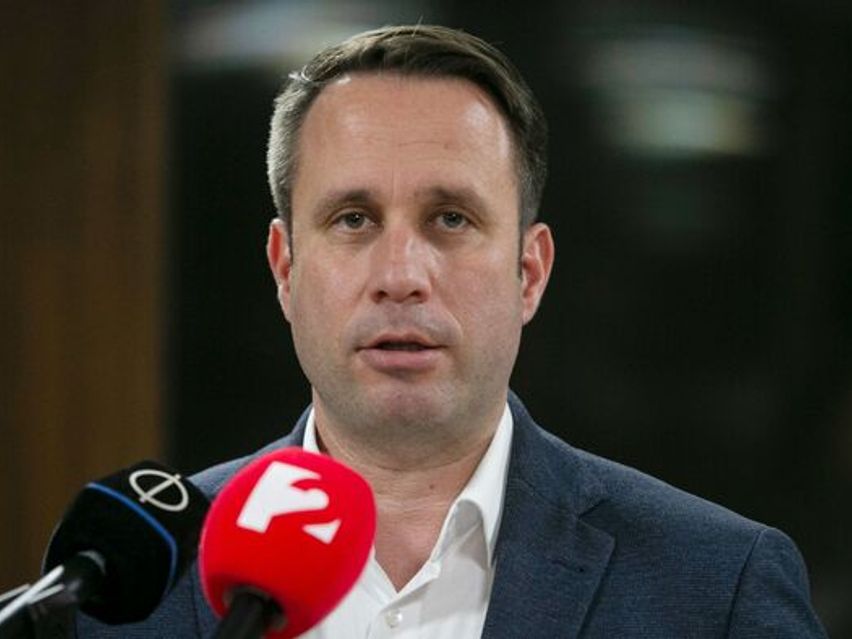
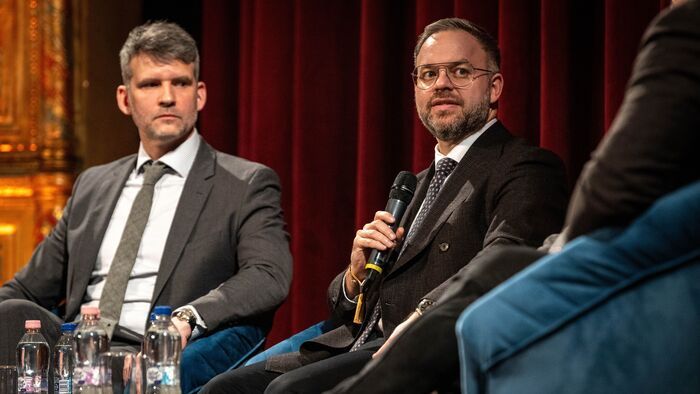

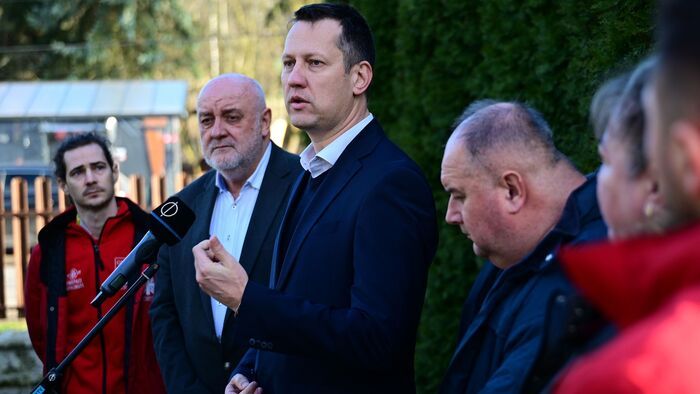
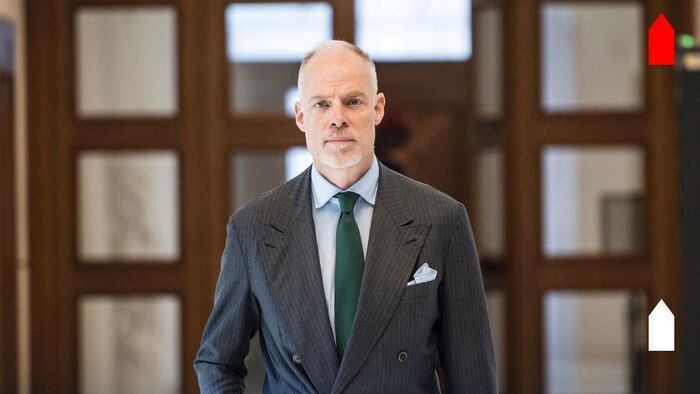

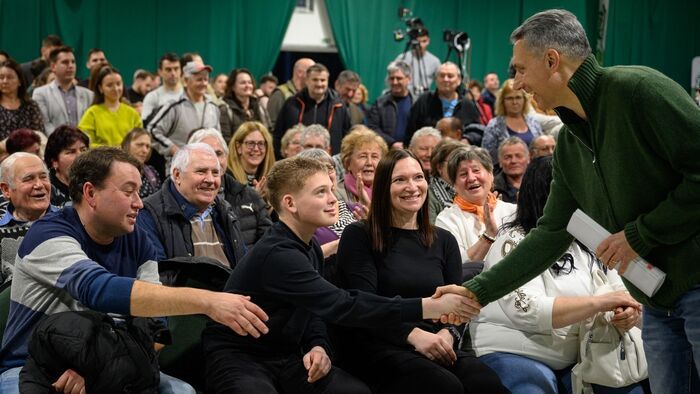
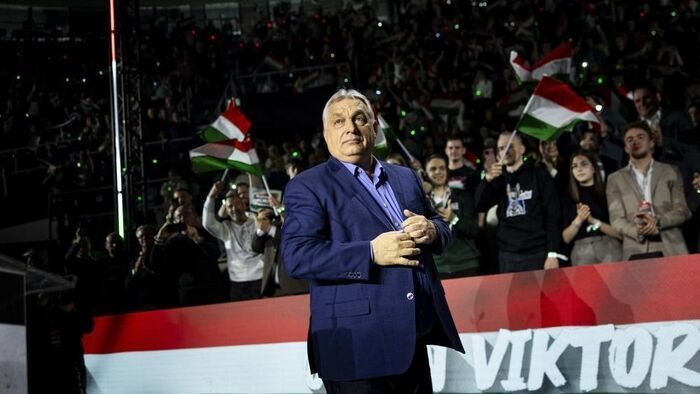
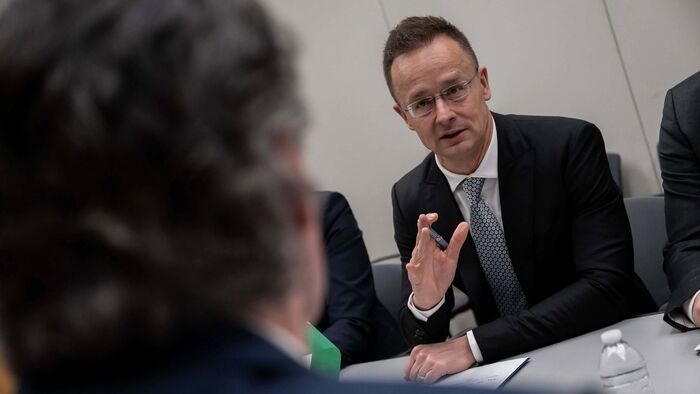
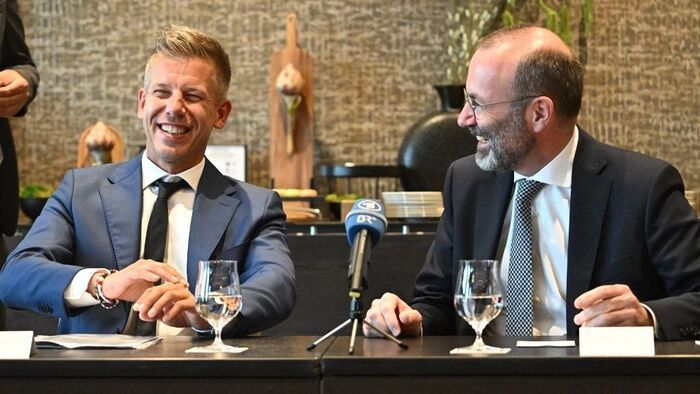



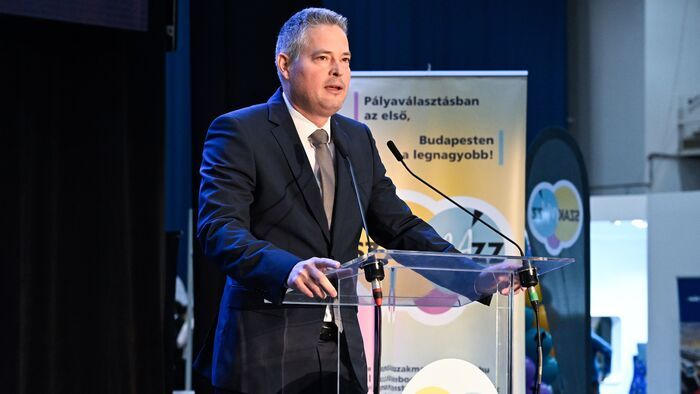

Szóljon hozzá!
Jelenleg csak a hozzászólások egy kis részét látja. Hozzászóláshoz és a további kommentek megtekintéséhez lépjen be, vagy regisztráljon!